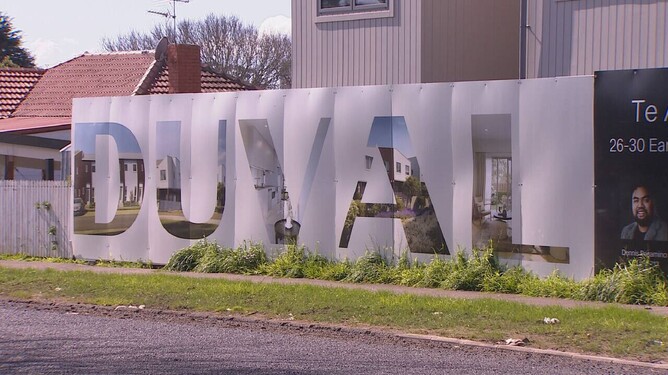There has been quite a bit of publicity about the Du Val group investment issues. We have had discussions with prospective clients about Du Val and how and why we would not have recommended this investment to our clients as from our perspective there were clear signals from day one.
One of our strongest adage's when deciding whether to even look at an investment is 'how are you going to make money out of the investment and 'how are you going to take money out of the investment'. Another vital thing to investigate is 'where is the money coming from to pay the returns.
The recent statutory management of the Du Val group is a stark reminder of the importance of regulation and personalised in financial markets.
This situation highlights the vital role of entities like the Financial Markets Authority (FMA) in protecting investors and maintaining market integrity. The FMA's intervention in the Du Val case, as detailed in their media release and BusinessDesk's reporting, underscores the potential consequences for companies operating outside regulatory boundaries.
The FMA's investigation, initiated even before the widely reported raids, uncovered potential fraudulent or reckless activities within Du Val, ultimately leading to the statutory management decision.
However, the FMA was unable to do more as DuVal was using the 'loophole' in the legislation to offer an investment that was outside the FMA's remit. The FMA was limited to the action that they could take. We have read a commentary suggesting that instead of being called 'wholesale' investments, that the category should be called 'unregulated' and we agree with that. Wholesale can imply a special deal, and that the investor is getting treated differently (which they are, they don't get disclosure), whereas 'unregulated' indicates that there is something to be wary of.
This case serves as a valuable lesson for investors. Here are some key takeaways which highlight the work that Moneyworks does for our clients (in understanding and checking all of these things).
Understanding Regulatory Frameworks
Investors should familiarise themselves with the regulatory landscape governing their investments. Understanding the role of regulatory bodies like the FMA helps investors assess the level of protection afforded to them and the potential consequences for companies that violate regulations.
Due Diligence is Paramount:
Thorough due diligence is crucial before making any investment.
This process should include scrutinizing a company's financial health, regulatory compliance history, and management practices. Investors should be wary of companies operating in opaque or lightly regulated sectors, as these can present higher risks.
Diversification is Key:
Diversifying investments across different asset classes, sectors, and geographies can mitigate the impact of any single investment going sour. A well-diversified portfolio can cushion the blow from unexpected events like the Du Val statutory management, where investors may face potential losses.
Staying Informed:
Keeping abreast of financial news, regulatory announcements, and industry developments can help investors identify potential red flags early on.
Subscribing to reputable financial publications and setting up news alerts can assist in staying informed about market events that could impact investments.
Seeking Professional Advice:
Well of course we are going to say this, but this situation highlights the risks of not getting good advice.
The Du Val investments used a 'loophole' for 'wholesale' or 'eligible' investors. This requires an identified professional to sign up that these people are 'experts' so don't need any personal advice. We understand that there was a lawyer 'down the hall' that was happy to sign off this investment for people who had 'sold the house', 'sold the farm', 'sold the business'. Just because you have money from a sale like that does not mean that you meet those criteria in our opinion.
I have twice been asked to sign people off as 'wholesale/eligible/expert' investors and have been unable to. When people are in this category, it means that they don't get all of the disclosure that 'retail' investors get.
Investors who are unsure about an investment or the regulatory landscape should consult with a qualified financial advisor. An advisor can provide personalised guidance tailored to individual financial goals, risk tolerance, and investment knowledge.
The Du Val situation, while unfortunate for those impacted, serves as a potent reminder of the importance of informed investment practices. By understanding the role of regulation, conducting thorough due diligence, and staying informed, investors can make more informed decisions and better protect their financial well-being.


